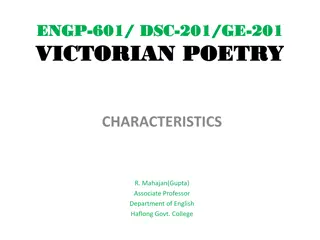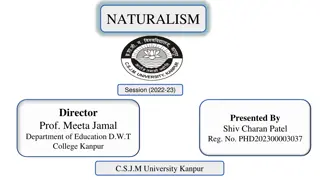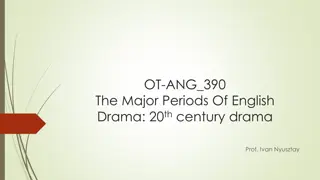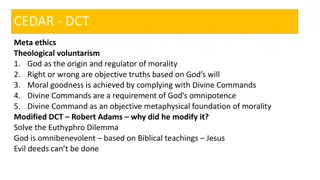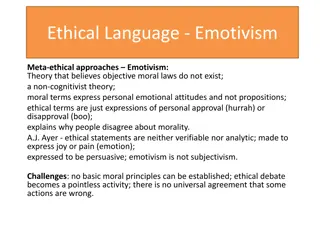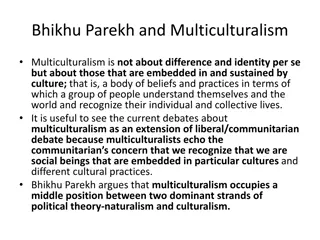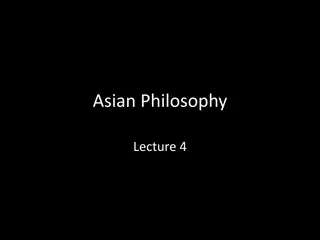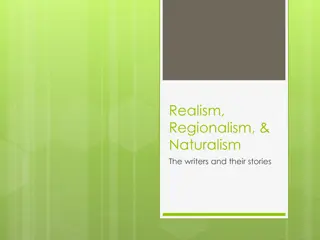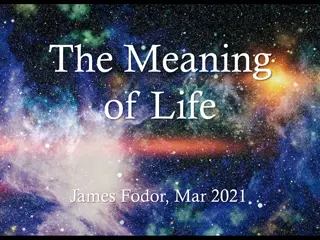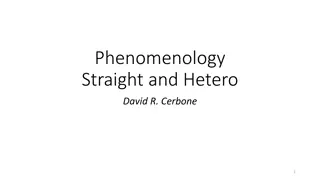Exploring Victorian Poetry: Sensory Imagery and Social Realism
Enormous changes in Victorian England shaped the poetry of the era, with a focus on sensory elements, realism, and naturalism. Queen Victoria's reign and the societal shifts of the time influenced themes of religion, science, and social reform in literary works. Victorian poets captured the struggle
10 views • 9 slides
Understanding Naturalism in Education: Philosophical Perspectives and Applications
Explore the foundational principles of Naturalism in education, emphasizing the importance of aligning educational practices with a child's inherent nature and the natural world. Delve into the characteristics, proponents, and implications of Naturalism, shedding light on its impact on curriculum de
0 views • 21 slides
Evolution of English Drama in the 20th Century: Shaw, Ibsen, and Modernist Theatre
The 20th century English drama witnessed significant shifts, from the realism and naturalism of George Bernard Shaw and Ibsen to the modernist theatre of Samuel Beckett, Tom Stoppard, and Harold Pinter. Themes of social change, rejection of traditional ideals, and a focus on human experiences domina
0 views • 39 slides
Exploring Meta-Ethics: Understanding Ethical Principles
Meta-ethics delves into the nature and validity of ethical statements, examining the meaning of right and wrong and the basis for moral claims. It explores distinctions between descriptive and normative ethics, cognitive and non-cognitive perspectives, and various ethical approaches such as naturali
0 views • 34 slides
Understanding Emotivism in Ethical Philosophy
Emotivism is a meta-ethical theory that rejects objective moral laws, instead positing that moral terms express personal emotional attitudes, not universal truths. Influenced by A.J. Ayer and rejecting naturalism, this theory suggests that ethical statements are not objective propositions but rather
0 views • 28 slides
Challenges of Multiculturalism in Liberal Political Theory
Bhikhu Parekh discusses multiculturalism as a middle ground between naturalism and culturalism in political theory. He highlights the importance of cultural plurality in contemporary liberalism, critiquing the assimilationist approach. He addresses the challenges multiculturalism poses for liberals,
0 views • 9 slides
The Two Trends of Indian Philosophy: Naturalism vs. Spiritualism
Indian philosophy is characterized by two dominant trends - naturalism/materialism and spiritualism/theism. The Charvaka school represents the naturalistic perspective, rejecting Vedic authority and advocating for materialism. They emphasize perception as the sole source of knowledge and deny concep
0 views • 15 slides
Realism, Regionalism, and Naturalism: Exploring Literary Movements
Defining the literary period of Realism, which portrays life without romantic idealism, focusing on ordinary characters. Regionalism emerges from Realism, depicting specific geographic areas and cultural elements. Naturalism, akin to Realism, studies human beings scientifically and views them as pro
0 views • 26 slides
Exploring the Evolution of English Drama in the 20th Century
In the realm of English drama in the 20th century, significant periods such as Modern British Drama, Naturalism, and the works of George Bernard Shaw shaped the theatrical landscape. From the rejection of past ideals to the emergence of new social commentary, playwrights like Shaw and Ibsen challeng
0 views • 39 slides
Exploring Philosophical Perspectives on the Meaning of Life
Delve into discussions on atheism, naturalism, theories of meaning, subjective and objective aspects of experience, theories of value, and the role of God in understanding the purpose and significance of human life. Philosophers like Susan Wolf and Joseph Raz offer insights into how engaging in valu
0 views • 11 slides
Contrasting Philosophical Perspectives: Husserl vs. Dennett
Phenomenologist Husserl and philosopher Dennett hold contrasting positions on consciousness, naturalism, methodology, and science, with Husserl emphasizing foundational philosophy and Dennett favoring a scientific approach. The divergence in their perspectives is centered on consciousness, with each
0 views • 128 slides
